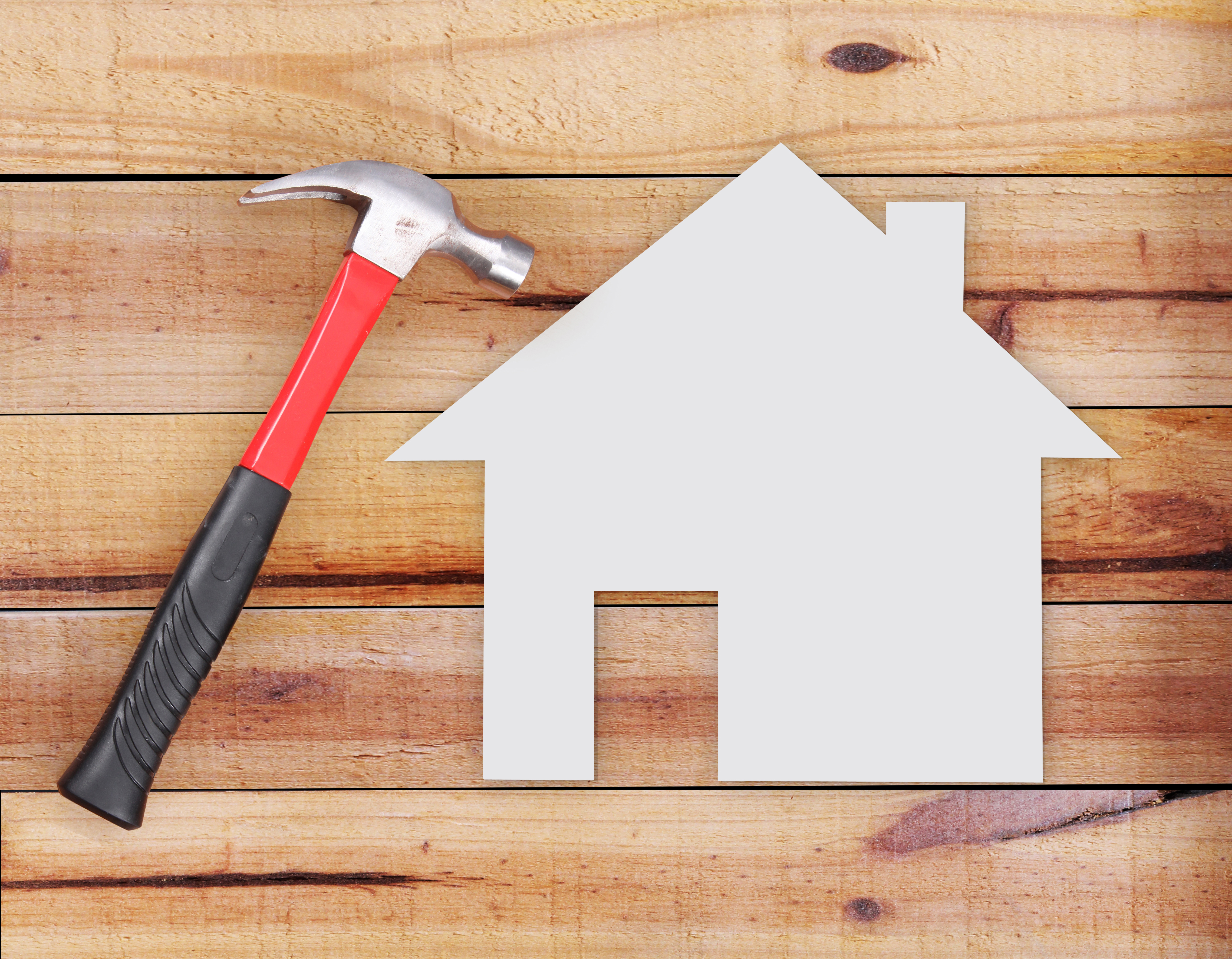“Arg! My tenant keeps calling me for repair requests! What can I do to spend less time and aggravation on these items?” Have you ever felt that you spend too much of your energy handling tenant issues regarding maintenance? Maintenance is a huge part of property management, and also gives owners the biggest headaches. Many of these headaches can be side-stepped with a proper plan in place.
Submitting Repair Requests
The first step is to decide how tenants will submit their maintenance requests. Many landlords provide a phone number. We wouldn’t recommend this method, especially if you own several properties because you will get requests at any time of the day and there is no record of the call. You should only provide a phone number for emergency matters such as failure or breakdown of the gas, electricity or water supply, hot water, cooking, heating, cooling or laundering, or any damage that makes the premises unsafe or insecure. The best way to receive maintenance requests is online. If you don’t have maintenance software, you can create an online form. You can use google forms and don’t forget to add a section where they can upload pictures. You can also use email since the record of the request, photos, and your response can be retraced if needed.
Determining the severity of the issue
An important aspect of making your maintenance plan successful is knowing how to distinguish between a low-priority issue, medium-priority issue, or high-priority. As previously discussed, an emergency is always a high-priority work order. Emergencies should be addressed and repaired the same day if possible. A medium-priority issue should be fixed within 48 hours and a low-priority issue should be fixed within a week. Examples of high-priority requests:
- Structural Issues
- Lack of heat in winter
- Lack of hot water
- Leaks in the property
- The smell of gas (Call gas company asap)
- Lights not functioning in common areas and hallways
- Safety Issues
- Doors or Windows that do not lock properly/missing Locks
Examples of moderate-priority requests:
- Appliances not working
- Clogged sink
- Air Conditioning not working during summer
Examples of low-priority requests:
- Cracked Tile
- Tear in carpet/stain in carpet/hardwood floor needing repair/saddle coming up
- A small leak in the faucet
- Cabinet doors off their hinges
- Minor Hole in the Wall
- Molding or Trim Needing Repair
It is important that whenever you get a maintenance request you acknowledge receipt of the request in a timely manner. This doesn’t mean fixing the issue but let the tenant know that you are aware of the issue and will fix it. Communication is key and maintenance requests are one of the main interactions you will have with your tenant. How you handle these requests will play a huge role in whether they renew your lease or not, So try to make it a positive experience! You must respond to maintenance requests as soon as you can, especially if the maintenance issue impacts basic habitability of the property such as heat, water, electricity, weatherproofing, and clean, sanitary, and structurally safe premises.
Pre-approved Vendors
An important step in the maintenance plan is to have a list of vendors. Remember to always use insured vendors. Before you send out the vendor to repair, always notify the tenant, especially if you need to enter the property to make the repairs. Most states require you to give a 24 hours advance notice before entering the property. If it is an emergency you can enter the property without advance notice. The last step is to follow up to ensure the repair was done. This will also let the tenants know how much you care about them. Pro Tip: Have a list of items that are tenant responsibility. Any items where tenants are responsible for payment should be clearly listed in the lease. This could range from gardening, light bulbs, pest control, replacing batteries in remotes, etc. For these items, clear communication upfront in and in the lease will resolve a lot of problems quickly. Having a clear plan in place will help you, as the owner, deal with problems efficiently as they arise.


